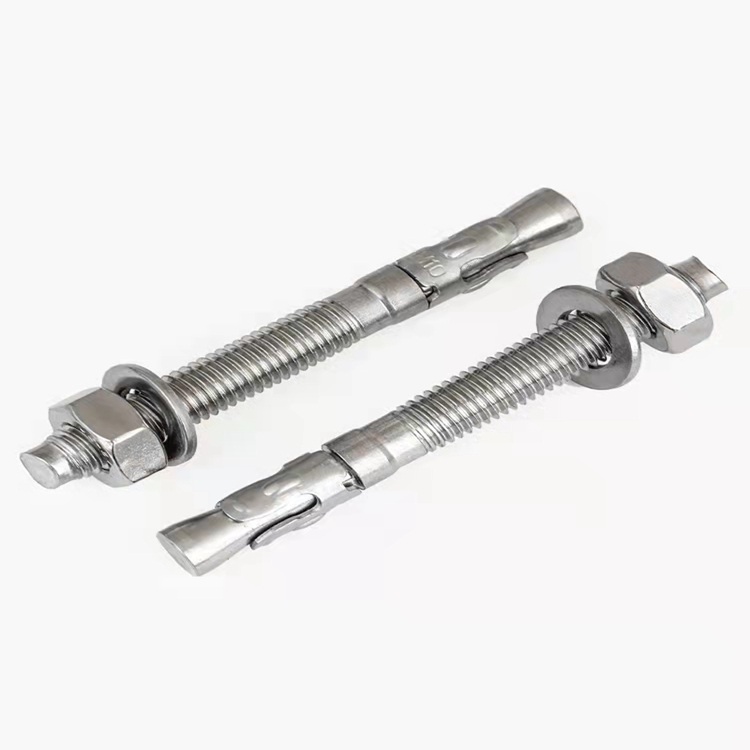recessed screws
Nov . 02, 2024 12:51 Back to list
recessed screws
Understanding Recessed Screws A Comprehensive Overview
Recessed screws are specialized fasteners that feature a depression or indentation in their heads, which allows for a unique range of applications and benefits. The most commonly recognized types of recessed screws include Phillips, Allen (or Hex), and Torx screws. Each type has its distinct design, providing various advantages in different scenarios, particularly in construction, automotive, and electronics industries.
The design of recessed screws enhances their performance in multiple ways. Firstly, the recessed head allows for better torque transmission, minimizing the risk of slippage during installation. This feature is critically important in applications where precise fastening is essential. For instance, in assembling furniture or machinery, users can apply significant force without the screwdriver slipping out, maintaining the integrity of the joint.
Another notable advantage of recessed screws is their overall aesthetic appeal. The recessed design allows the screw to sit flush with the surface, creating a cleaner, more polished look. This is particularly desirable in furniture manufacturing and architectural design, where visual detail plays a crucial role in the final product's appeal.
recessed screws

Recessed screws also offer enhanced security against tampering. The unique shapes of their recesses, especially in Torx screws, require specific tools for removal, making it difficult for unauthorized individuals to tamper with installations. This characteristic is invaluable in public infrastructure and security-sensitive environments, where preventing unauthorized access is paramount.
Additionally, recessed screws tend to distribute load more evenly than traditional screws. This is especially beneficial in applications involving softer materials, where the risk of stripping is higher. By using a recessed screw, the load is spread over a larger area, reducing the chances of damaging the material being fastened.
From a manufacturing perspective, employing recessed screws can lead to significant cost savings. Their efficient design often results in less wear on tools and machinery, ultimately extending the lifespan of these investments. Additionally, the reduced risk of damage during installation minimizes the need for repairs and replacements, further contributing to overall cost efficiency.
In conclusion, recessed screws are more than just simple fasteners; they are a critical component of modern engineering and design. With their advantages in torque transmission, aesthetic appeal, security, load distribution, and overall cost-effectiveness, it is no wonder that they are widely used across various industries. As technology advances, the design and application of recessed screws will continue to evolve, ensuring their place as an essential tool in fastener technology.
Latest news
-
High-Quality Panel Stud Bolt Reliable Panel Stud Bolt Factory & Suppliers
NewsJul.08,2025
-
High-Precision Fine Thread Locknuts Manufacturer & Supplier Custom Solutions
NewsJul.08,2025
-
PH Imperial Stud Bolt – High Strength Fasteners from Leading Supplier & Factory
NewsJul.07,2025
-
High-Quality Allen Wrench Bolts Leading Factory, Company & Suppliers
NewsJul.07,2025
-
Wholesale Ball Stud Bolt - High Quality Supplier & Factory Price Reliable Wholesale Ball Stud Bolt Company
NewsJul.06,2025
-
High-Strength Alloy Bolts Manufacturer & Supplier Quality Alloy Fasteners Factory
NewsJul.06,2025
